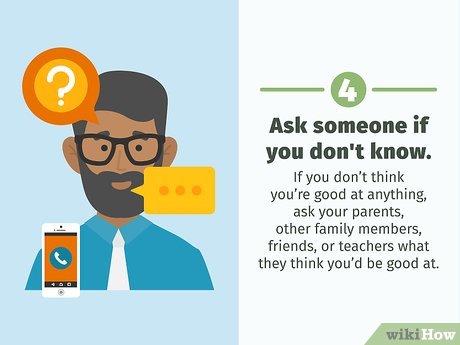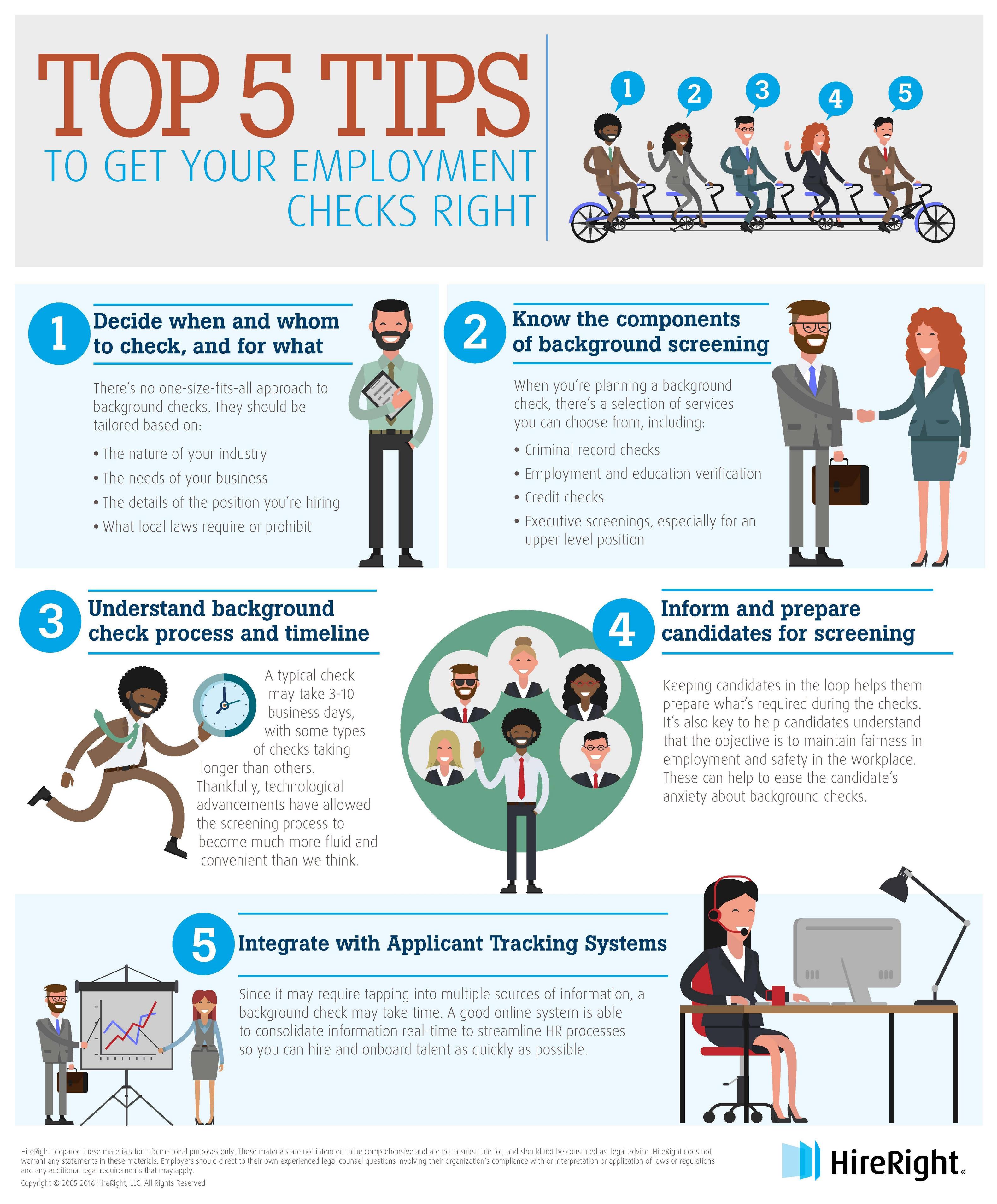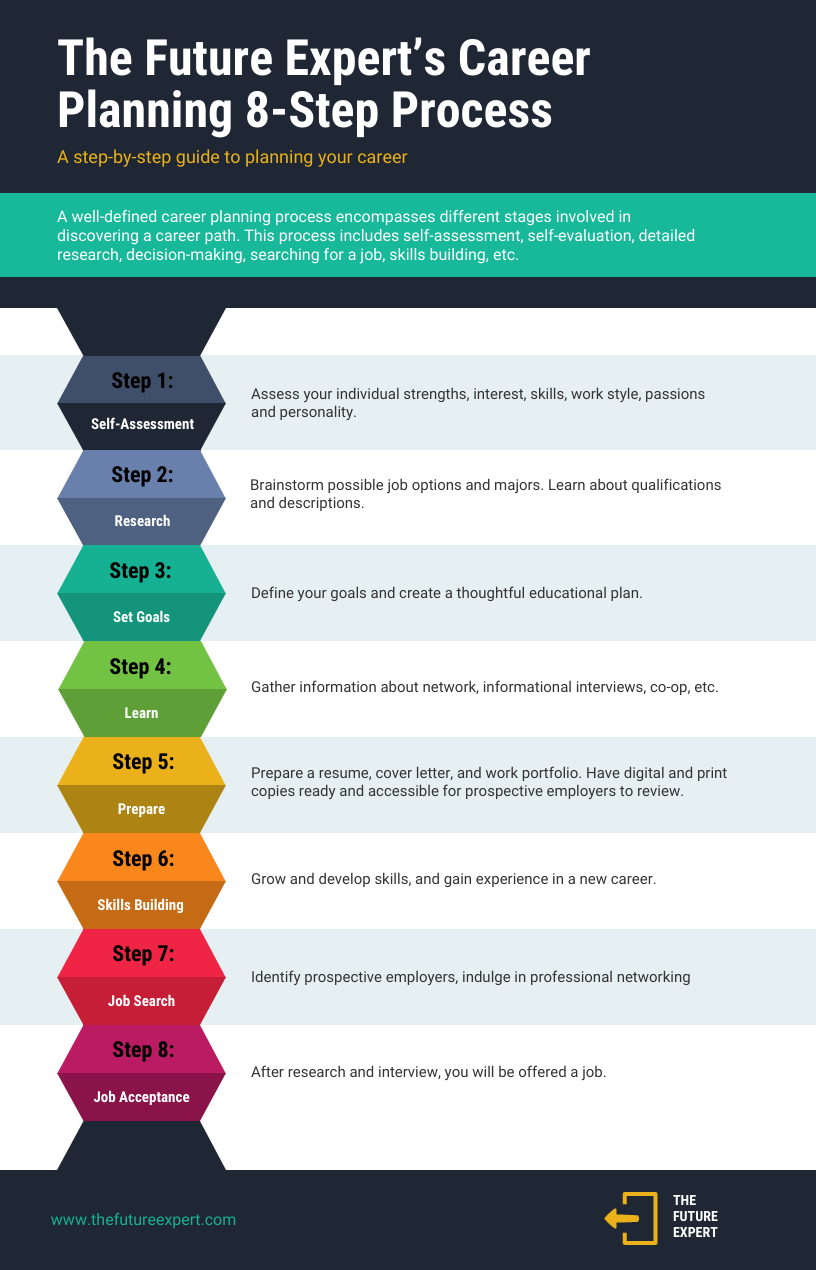
If you are looking for a career in the counselling psychology field, there are many different pathways you can take. Learn about the different types of training that you will need to become an accredited counsellor, the experiences you will need, and the job outlook. Next, consider whether this career path is right for you.
Counselling psychology careers
Counseling psychology is a career that offers many options. You need to be clear about what you are looking for in order to find the right job. A licensed mental health counselor can help you decide which career is right for you. You can also interview professionals in the field to learn about the duties and realities of the job.
To become a counselor, one must hold both a master's level and a doctorate of psychology. This is not an easy field to obtain licensure. Virginia requires that you have completed at most three thousand hours of supervised work before you can apply to be certified. However, once you've completed your training, you'll have a lot of options. You could work in hospitals and mental health services, as well as community mental healthcare agencies.

Requirements for counsellors
For a counselor to be a qualified professional, there are several requirements. A supervised internship is required and at least 600 hours of supervised practice are necessary to obtain this job. These programs are necessary for graduate-level education and for a state license. During this time, students will gain experience working with clients in a clinical setting. The university or school that teaches these programs will record these hours and sign off on them.
Next, you will need to obtain a master’s degree in order to be a counsellor. The master's program is crucial because it gives students the chance to expand their professional knowledge and core skills. CACREP certifies counsellors.
Experience required for counsellors
Counselling is a highly sought-after profession, with many benefits, including great work-life balance, career development and specialisation. There are many routes that can lead to becoming a counsellor depending on the type and location of the therapy you offer. Practical experience and theoretical knowledge are required to train for this profession. It can take time to learn both theory and practice. This is done to safeguard the future clients' interests.
Therapists need to be sensitive to human emotions and behavior. This is important in the field of counselling, as dealing with emotionally distressed people is difficult. These people often have suffered traumas or difficulties. Counselling is not a profession for the weak-hearted.

Career outlook for counsellors
Depending on your training, you may be able to work as a counsellor in a private practice or in a community organisation. You don't need a Master's or Bachelors degree to work in counseling. You could also work in a charitable centre or public organization.
According to the Bureau of Labor Statistics the outlook for counsellors' jobs is good. Employment growth in this profession is estimated to be around 22% between 2018 and 2026. This is particularly true for counselors who work with individuals with substance abuse issues or behavioral disorders.